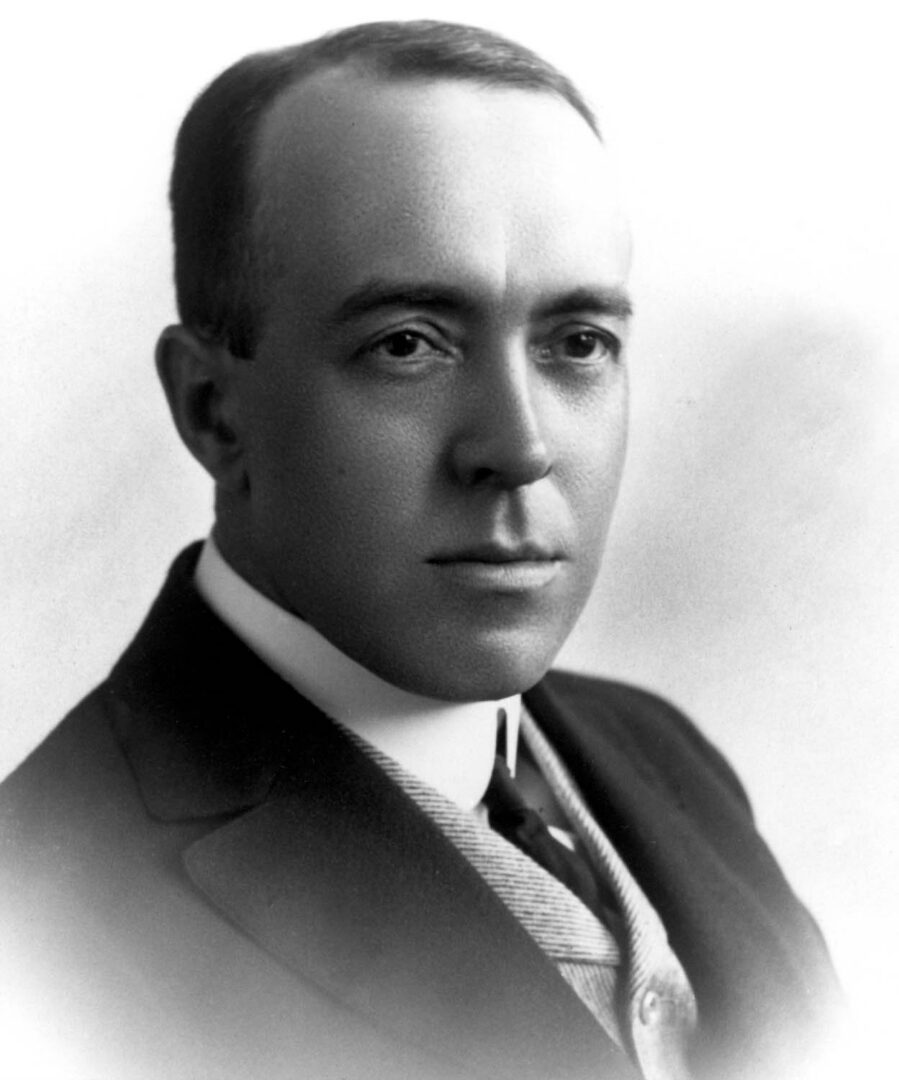It is hard to conceive of a writer who has had a greater influence on speculative fiction than Edgar Rice Burroughs. Most famously, he was the author of Tarzan (24 books) and John Carter of Mars (11 books). I would personally call his style pulp sci-fi with characters like John Carter performing ludicrous feats almost constantly but he manages it in such and entertaining way that you can’t wait for the next feat to be described.
In all honesty, Burroughs is most important for his influence on the (mostly) boys who read his work as young adults. It is from this group that the greats of old Science Fiction were born and writers such as Heinlein refer frequently to his work. To breadth of his influence is hard to fathom, even the hit NBC series ER features a character called John Carter.
Do I strive to write like Burroughs? Certainly not, but his role as a pioneer of the genre and his role building the foundations of today’s science and speculative fiction is so great, that I feel reading his books is almost mandatory for any speculative fiction enthusiast. While it does read as a pulpy precursor of what is available today, the stories are fun in their own right. My favourite is the John Carter series.
